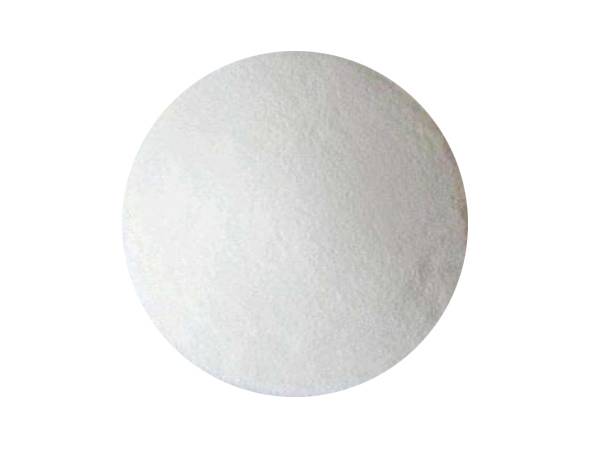



calcium ammonium nitrate chemical formula
Calcium Ammonium Nitrate Composition, Properties, and Applications
Calcium ammonium nitrate, commonly denoted as CAN, is a chemical compound with the formula \( Ca(NO_3)_2 \cdot NH_4NO_3 \). This compound is an important nitrogenous fertilizer widely used in agriculture due to its effectiveness in providing essential nutrients to plants. This article explores the composition, properties, and applications of calcium ammonium nitrate, emphasizing its significance in agricultural practices.
Composition of Calcium Ammonium Nitrate
Calcium ammonium nitrate is a composite fertilizer consisting of both calcium and nitrogen. The primary components include calcium nitrate \((Ca(NO_3)_2)\) and ammonium nitrate \((NH_4NO_3)\). The ratio of these components can vary, but typically, CAN contains about 27% nitrogen and 6% calcium by weight. The nitrogen in CAN is available in two forms nitrate nitrogen, which is readily available for plant uptake, and ammonium nitrogen, which can be converted into usable forms by soil microorganisms.
The molecular structure of calcium ammonium nitrate provides a balanced nutrient profile, making it suitable for a range of crops. The calcium ion not only aids in nutrient absorption but also helps in improving soil structure and preventing acidification, a common issue in intensively cultivated areas.
Properties of Calcium Ammonium Nitrate
Calcium ammonium nitrate is a white crystalline solid that is hygroscopic, meaning it can absorb moisture from the air. It is soluble in water, which facilitates its use in liquid fertilizers and fertigation systems. The chemical stability of CAN under normal storage conditions makes it a favorable option for farmers and agricultural suppliers.
CAN has a relatively low burning risk compared to other nitrogen fertilizers such as ammonium nitrate alone. This safety aspect, combined with its high nutrient content, enhances its appeal as a fertilizer option. However, like many nitrogen-based fertilizers, it should be handled with care to prevent environmental impacts, particularly concerning leaching into water bodies, which can lead to eutrophication.
Applications in Agriculture
calcium ammonium nitrate chemical formula

The primary use of calcium ammonium nitrate is as a nitrogen fertilizer. It is suitable for a variety of crops including cereals, vegetables, and fruits. Farmers apply CAN at different growth stages, depending on the crop's nitrogen requirements. The slow-release nature of the ammonium form allows for sustained nutrient availability, promoting healthy plant growth and maximizing yields.
CAN can be used both in solid granular form and as a solution in liquid fertilizers. Its versatility in application makes it a preferred choice among agronomists and crop producers. Additionally, it can be blended with other fertilizers to create customized nutrient profiles tailored to specific soil and crop needs.
One of the notable advantages of CAN is its ability to reduce soil acidity, which can be beneficial in preventing nutrient imbalances in the soil. The calcium content also strengthens cell walls in plants, enhancing resilience against pests and diseases.
Moreover, in some regions, calcium ammonium nitrate is used in maintaining green spaces, such as parks and golf courses. Its properties help to promote lush, green growth while reducing the risk of lawn diseases.
Environmental Considerations
While calcium ammonium nitrate is an effective fertilizer, it is essential to apply it judiciously to mitigate environmental risks. Over-application can lead to groundwater contamination and contribute to the phenomenon of nutrient runoff, which adversely affects aquatic ecosystems. Therefore, agricultural best practices should be followed to ensure that the benefits of CAN are maximized while minimizing potential ecological impacts.
Conclusion
In conclusion, calcium ammonium nitrate is a vital compound in modern agriculture, providing essential nutrients for plant growth. Its balanced composition of calcium and nitrogen makes it a versatile fertilizer suitable for various applications. While it contributes significantly to agricultural productivity, responsible usage and management are crucial to safeguard the environment and ensure sustainable farming practices. As farmers embrace innovative agricultural methods, calcium ammonium nitrate will continue to play a pivotal role in achieving food security and enhancing crop yield across the globe.
-
Why Sodium Persulfate Is Everywhere NowNewsJul.07,2025
-
Why Polyacrylamide Is in High DemandNewsJul.07,2025
-
Understanding Paint Chemicals and Their ApplicationsNewsJul.07,2025
-
Smart Use Of Mining ChemicalsNewsJul.07,2025
-
Practical Uses of Potassium MonopersulfateNewsJul.07,2025
-
Agrochemicals In Real FarmingNewsJul.07,2025
-
Sodium Chlorite Hot UsesNewsJul.01,2025










